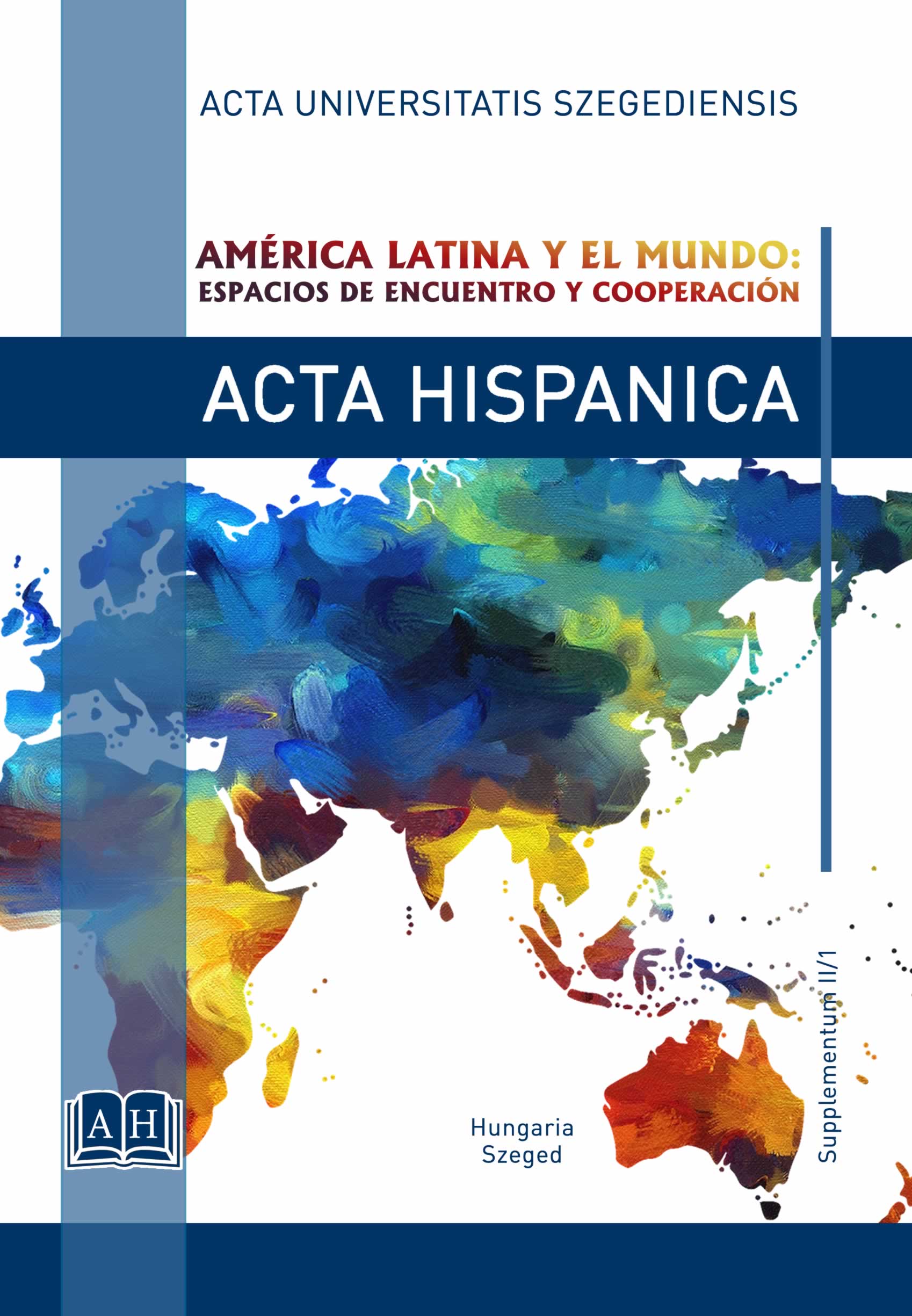Poverty and Social Programs in Mexico
Main Article Content
Abstract
From the 16th to the 19th century, approximately, the conception of poverty had a strong moral content. The poverty of those who were healthy and did not work came from lust, vice, laziness and arrogance. That is why the work acquires a rehabilitative character. Thus, the problem of poverty has been present, in the western world, for almost five centuries, as well as the concern of how to alleviate it, of what to do with the poor. The content of poverty, as well as its conception have changed throughout historical times. The emergence of anti-poverty programs is contemporary and goes through the guidelines proposed by international organizations, mainly the World Bank. In Mexico, for example, the conditional cash transfer programs were implemented as of 1997, we refer to Progresa-Oportunidades-Prospera. Poverty is functional to the system, therefore, it could not and cannot be canceled by a program. Thus, many efforts have been made to alleviate poverty, never to cancel it.
Downloads
Article Details
References
Aguado, Luis Fernando-Girón, Luis Eduardo-Salazar, Fernando (2007). Pobreza y educación urbanas en el valle del Cauca, Colombia. Revista Comercio Exterior, 6. 448-461.
Becker, Gary S. (1974). A theory of social interactions. The Journal Political Economy, 6. 1063-1093.
CEPAL (1995). Focalización y pobreza, Santiago de Chile: Naciones Unidas. Cuadernos de la CEPAL, 71.
CEPAL (1992). III Conferencia Regional sobre la Pobreza en América Latina y el Caribe. Santiago de Chile.
Derry, T. K.-Williams, Trevor I. (1980). Historia de la tecnología, desde 1750 hasta 1900 (I/2). Madrid: Siglo Veintiuno.
Drèze, Jean-Sen, Amartya–Hussein, Athar (1995). The Political Economy of Hunger. Great Britain: Clarendon Press.
Engels, Federico (1971). Prefacio a la situación de la clase obrera en Inglaterra. En: Marx, Carlos- Engels, Federico.Obras Escogidas, tomo II. Moscú: Editorial Progreso.
Friedman, Milton (1966). Capitalismo y libertad. Madrid: Ediciones RIALP.
Furniss, Edgar Stephenson (1965). The position of the laborer in a system of nationalism: a study in the labor theories of the later english mercantilists. New York: Augustus M. Kelley.
Hernández, Daniel-Orozco, Mónica-Vázquez, Sirenia (2005). La focalización como estrategia de política pública. [Documentos de investigación, 25]. México: Secretaría de Desarrollo Social. México.
Himmelfarb, Gertrude (1998). La idea de la pobreza. Inglaterra a principios de la era industrial. México: Fondo de Cultura Económica.
La entrega de los apoyos monetarios de Progresa. Asequible en: http://cca.org.mx/ cca/web/ventana/ligas/monetarios_progresa.htm, fecha de consulta: 15-06-2019.
Nussbaum, Martha C.-Sen, Amartya (1998). La calidad de vida. México: Fondo de Cultura Económica.
Programa de Desarrollo Humano Oportunidades, montos mensuales correspondientes al segundo semestre de 2007. Asequible en: http://www.oportunidades.gob.mx/ informacion_general/Semestre_2_2007.pdf, fecha de consulta: 22-08-2018.
Salazar Silva, Fernando (2005). La configuración del Estado de Bienestar. Elementos constitutivos. Reflexión Política, 14. 126-140.
Scott, John (1999). Análisis del Progresa: México. Experiencias exitosas de combate a la pobreza rural: Lecciones para una reorientación de las políticas [Informe final]. México: CIDE, Estudio RIMISP-FAO.
Sugden, Robert (1982). On the economics of philanthropy. The Economic Journal, 366. 341-350.
Villarespe Reyes, Verónica (2002). Pobreza: teoría e historia. México: Juan Pablos-IIEc-UNAM.
Villarespe Reyes, Verónica (2000). Los economistas políticos clásicos: pobreza y población. Algunos de sus teóricos relevantes. Problemas del Desarrollo, 123. 9-31.
Villatoro, Pablo (2004). Programas de reducción de la pobreza en América Latina. Un análisis de cinco experiencias. Santiago de Chile: CEPAL. Serie Políticas Sociales, 87.





